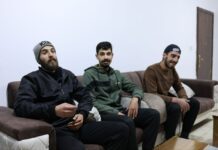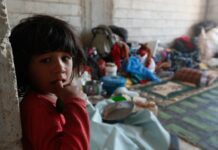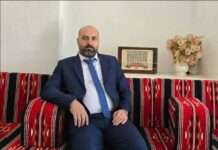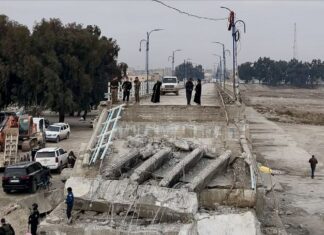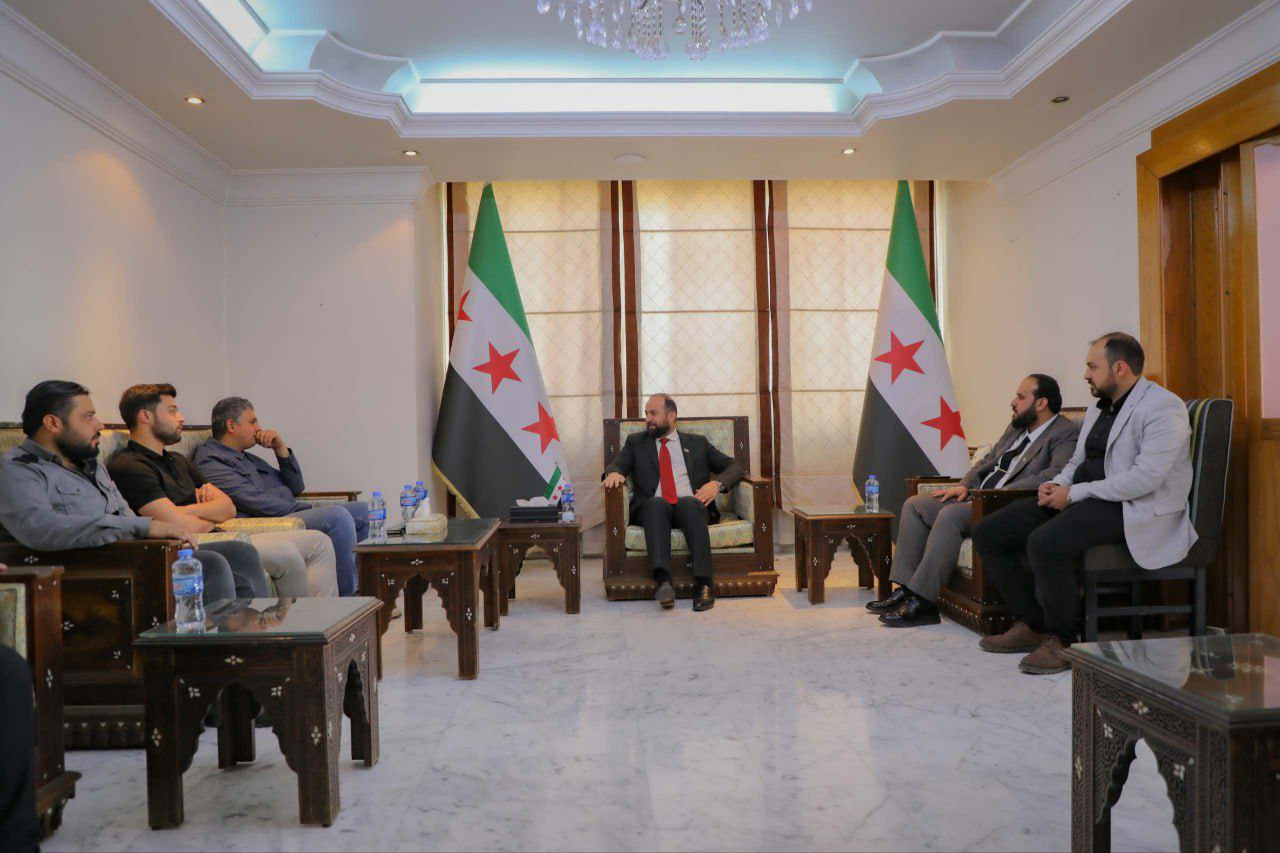
A group of Syrian journalists came under armed attack in Suwayda on Sunday, May 4, while covering the implementation of an agreement between the Syrian government and Druze community leaders. The assault, allegedly carried out by gunmen affiliated with local factions, underscores ongoing instability in the southern province despite recent efforts to restore order.
According to journalist Ahmad Falaha, armed men stopped him and photographer Muawiya al-Atrash as they were en route to report on the deal signed between Suwayda Governor Mustafa al-Bakour and the province’s religious leaders. In a post shared on Facebook, Falaha said the attackers made death threats, hurled obscenities, and pointed a gun at his head before forcibly removing him from his vehicle. “Only the intervention of an honorable man from the city prevented them from harming us further,” he wrote.
The incident was part of a broader assault on at least eight journalists, including Muhammad Haroun and others, several of whom were beaten and robbed, according to Atrash. The journalists took shelter in the governorate building for hours before being escorted out of the city by members of the Mountain Brigade faction.
Condemnation and Regret
In response, the Syrian Ministry of Information convened a meeting on Monday with affected journalists. Minister of Information Hamza al-Mustafa reaffirmed the ministry’s commitment to protecting media professionals and promised coordination with relevant authorities to ensure journalist safety in conflict zones.
The Syrian Journalists Union (SJU) swiftly condemned the attack, calling it a flagrant violation of international laws protecting media workers. In a statement, the union said, “Targeting journalists while carrying out their professional duties constitutes a crime under international norms,” and called on authorities and the international community to hold those responsible accountable. The statement also emphasized the attackers’ apparent disregard for clearly identified journalists and press equipment, calling it an assault on press freedom and the public’s right to information.
Local community leaders responded with regret. Suwayda 24 reported that Sheikh Aql of the Druze community, Abu Osama Yusef Jarbou, along with other clerics, personally apologized to the journalists, condemning the assault and promising to hold the perpetrators accountable. “This act does not represent our values,” they reportedly said.
A Time of Tension
The violence occurred against a backdrop of heightened sectarian tension in Suwayda and surrounding areas, where clashes erupted following an audio recording allegedly insulting the Prophet Muhammad. Although the recording was disavowed, the fallout reignited longstanding friction between Druze factions and government-aligned forces.
The agreement signed on May 1 aimed to restore order by calling for enhanced security, especially along the road to Damascus. Governor al-Bakour has publicly committed to implementing its terms, stating that the agreement remains in effect despite minor amendments.
As Syria’s media landscape remains one of the world’s most dangerous, the Suwayda incident is a stark reminder of the risks journalists face while reporting amid unrest.

